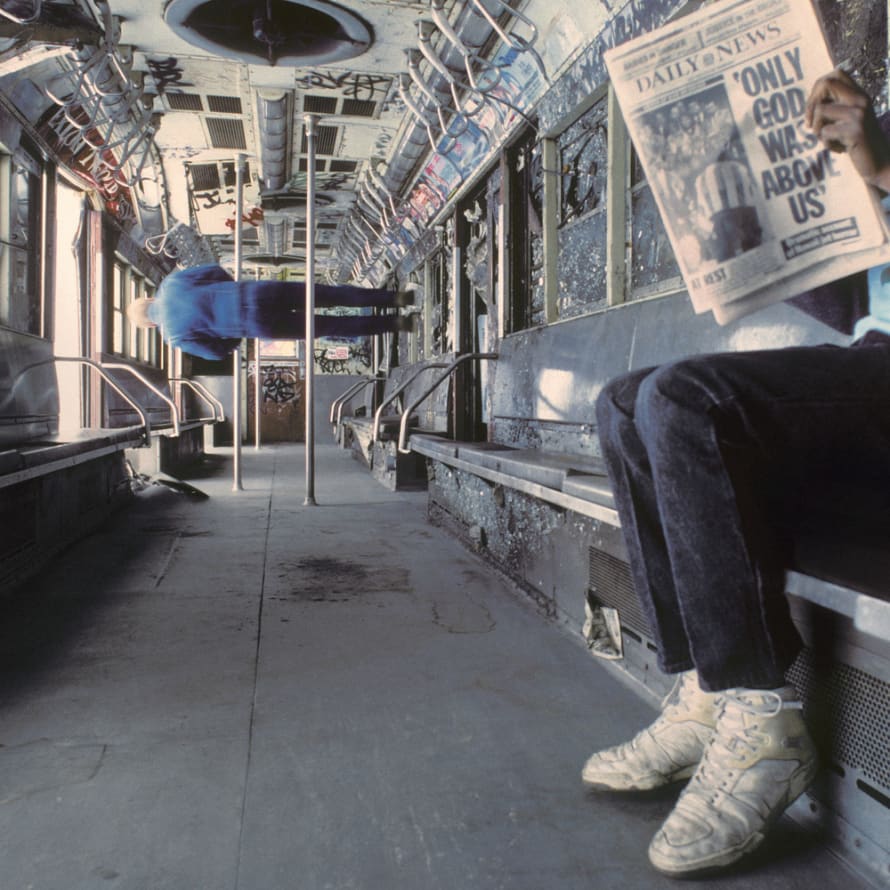"Fuck the world," goes the first line of Only God Was Above Us — a blunt, dour departure from the cheekiness this peppy, preppy group were once known for.
Vampire Weekend's fifth album, while by no means a complete departure from their past work, takes a cloudier outlook, both in lyrics that bear the burden of the passage of time and busy arrangements that muck up the generally pretty tunes. "Gen-X Cops" conveys the group's 2024 perspective, with jagged slide guitar that slices through a thoughtful exploration of cross-generational conflict, where ultimately human nature wins out and "each generation makes its own apology."
The album was inspired by 20th century New York City, which comes across more obviously in its accompanying visuals (ominously featuring the World Trade Centre towers prominently) than in the music itself.
Visual aesthetic aside, the soundscape's post-modern mix of styles fits the backwards-gazing theme: "Mary Boone" features a hip-hop beat drop (sampled from Soul II Soul's 1989 hit "Back to Life"), there's a "Walk on the Wild Side" strut to parts of "Classical," and the abstract shards of piano in "Connect" land somewhere between jazz and neo-classical composition.
Only God is sure to reassure any fans who worried what would become of Vampire Weekend after the exit of producer/multi-instrumentalist Rostam Batmanglij. Working with producer Ariel Rechtshaid, the remaining trio have crafted their densest, most abstract arrangements by far, building off the intricacy of 2013's Modern Vampires of the City while still preserving hints of their twangy West African guitars ("Pravda") and buttoned-down baroque flourishes (eight-minute closer "Hope").
Vampire Weekend have lost the carefree immediacy of some of their best-loved work; there's nothing on Only God as viscerally addictive as "A-Punk" or "This Life," and there's a prog-like complexity to these performances that's geared more toward the head than the heart. But there's also just enough stripped-down beauty — like the balladic "Capricorn," or the swooning brass outro of "The Surfer" — that Only God Was Above Us remains emotional as well as academic.
